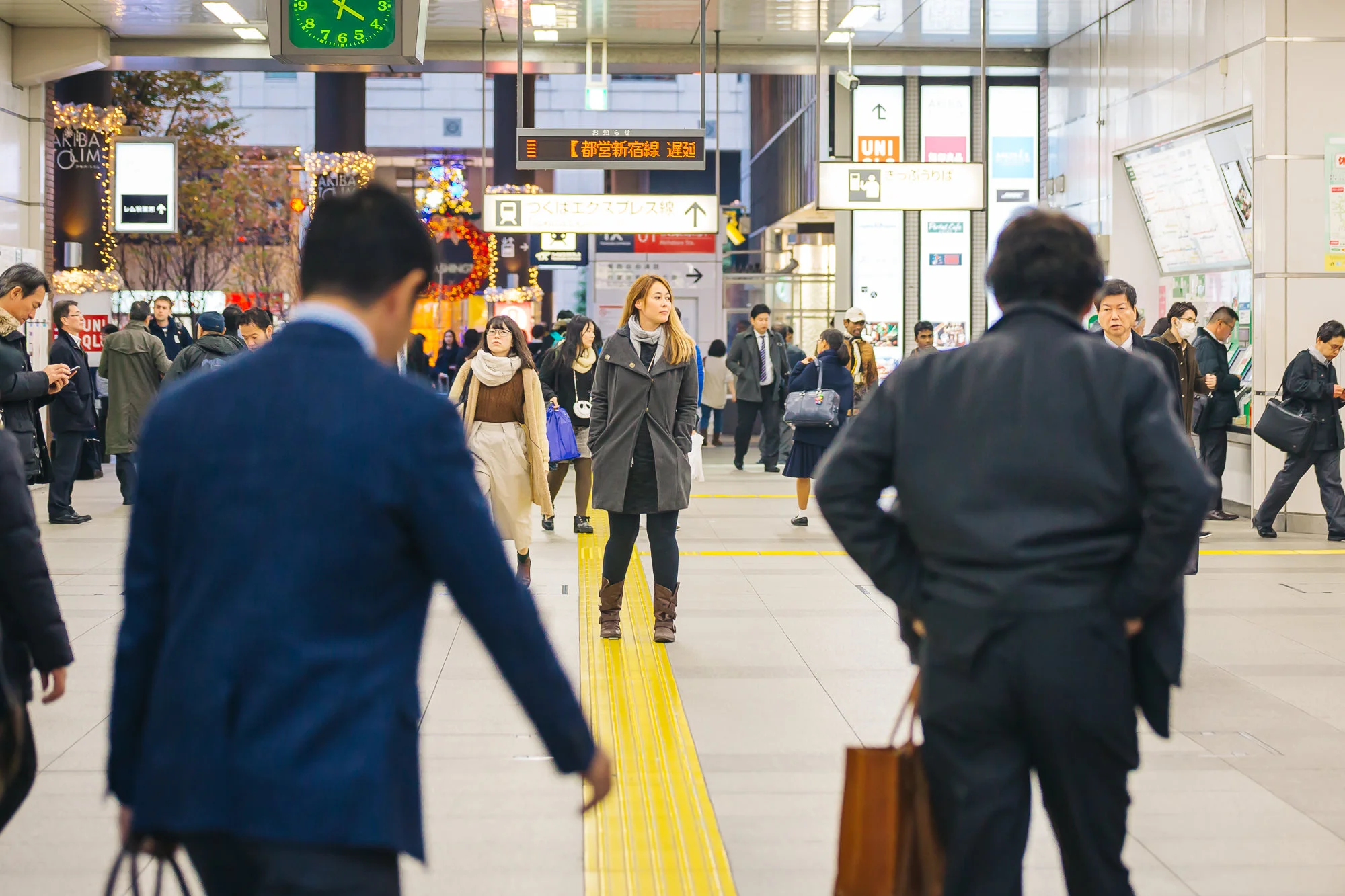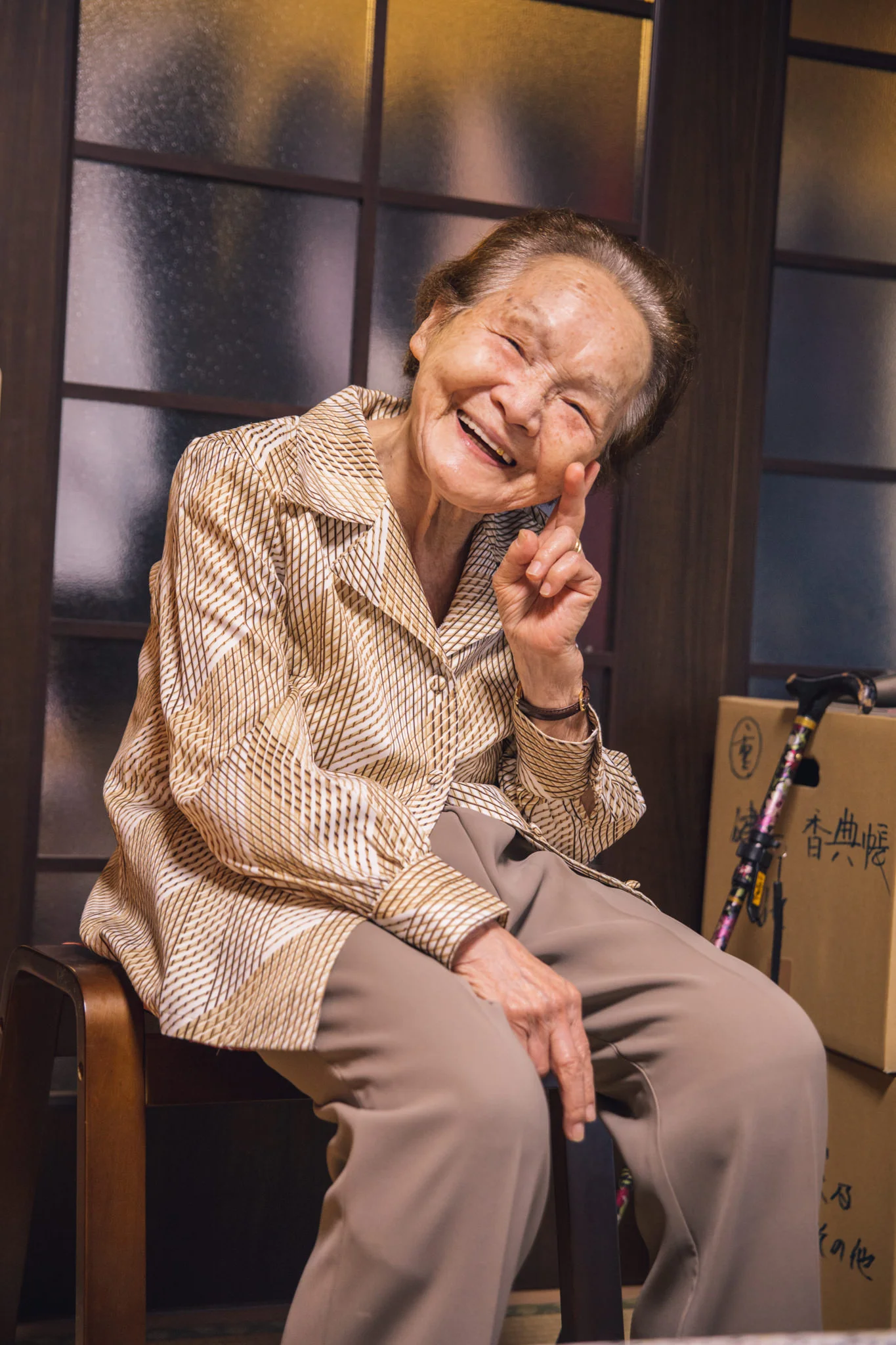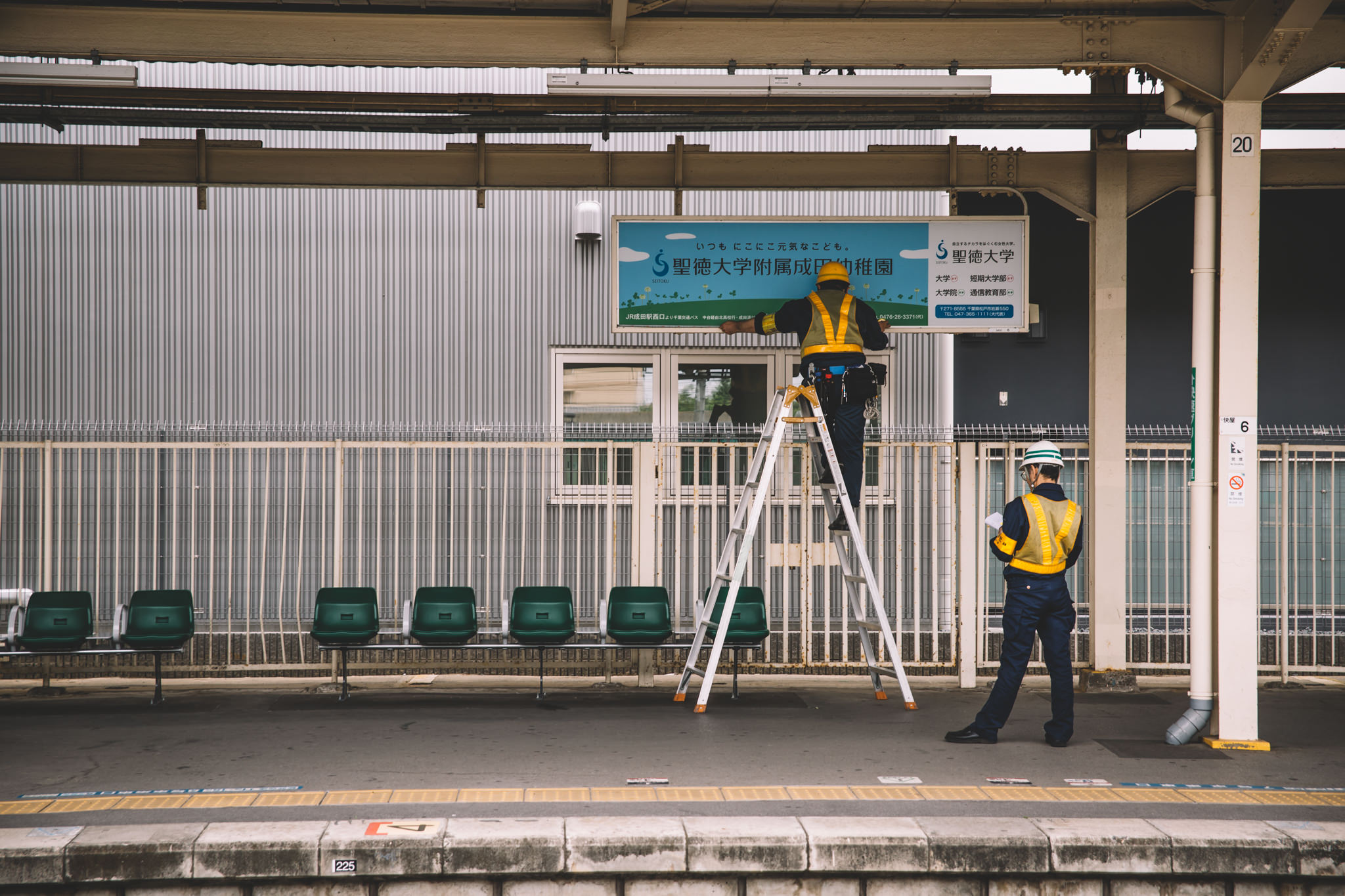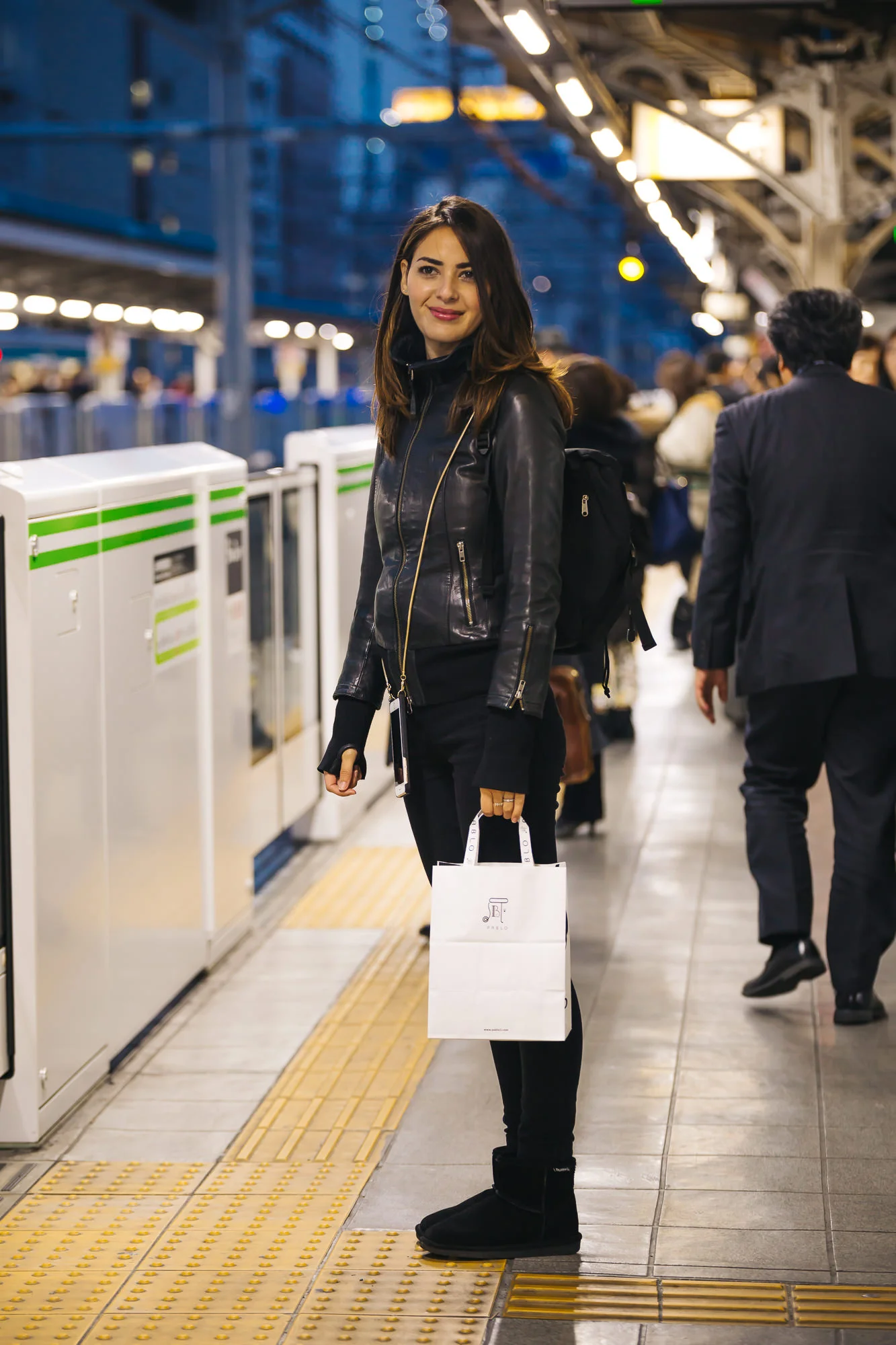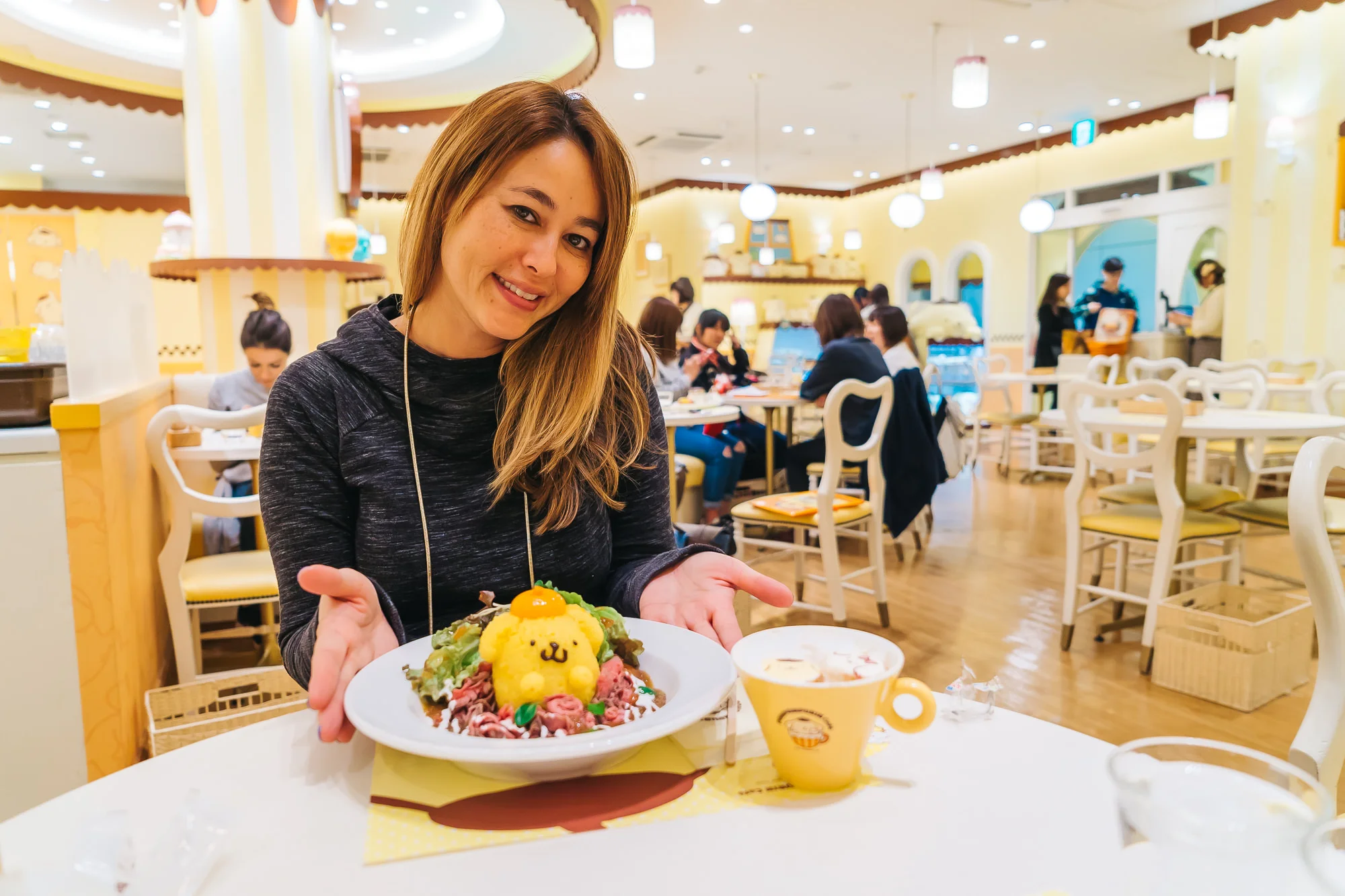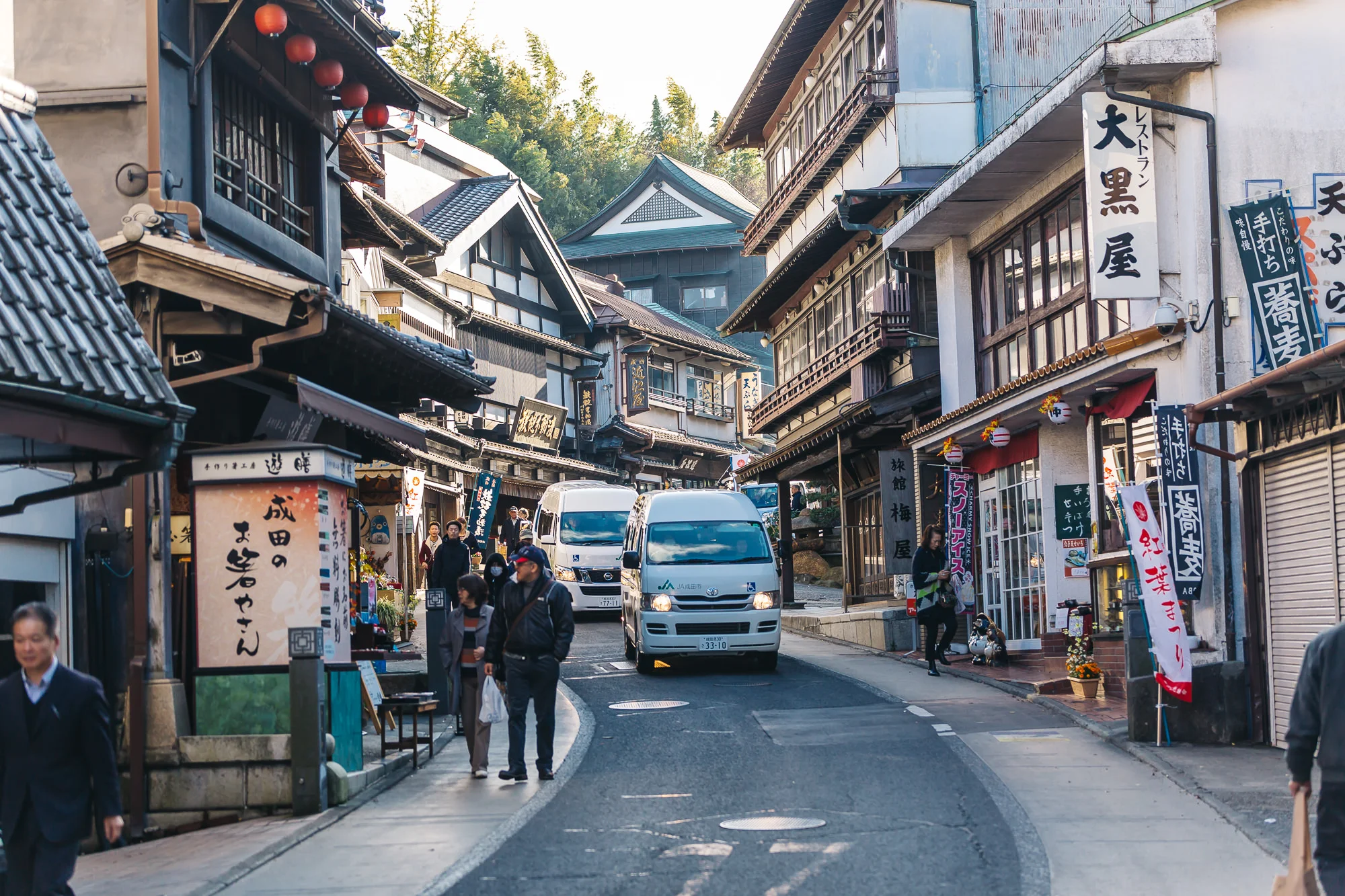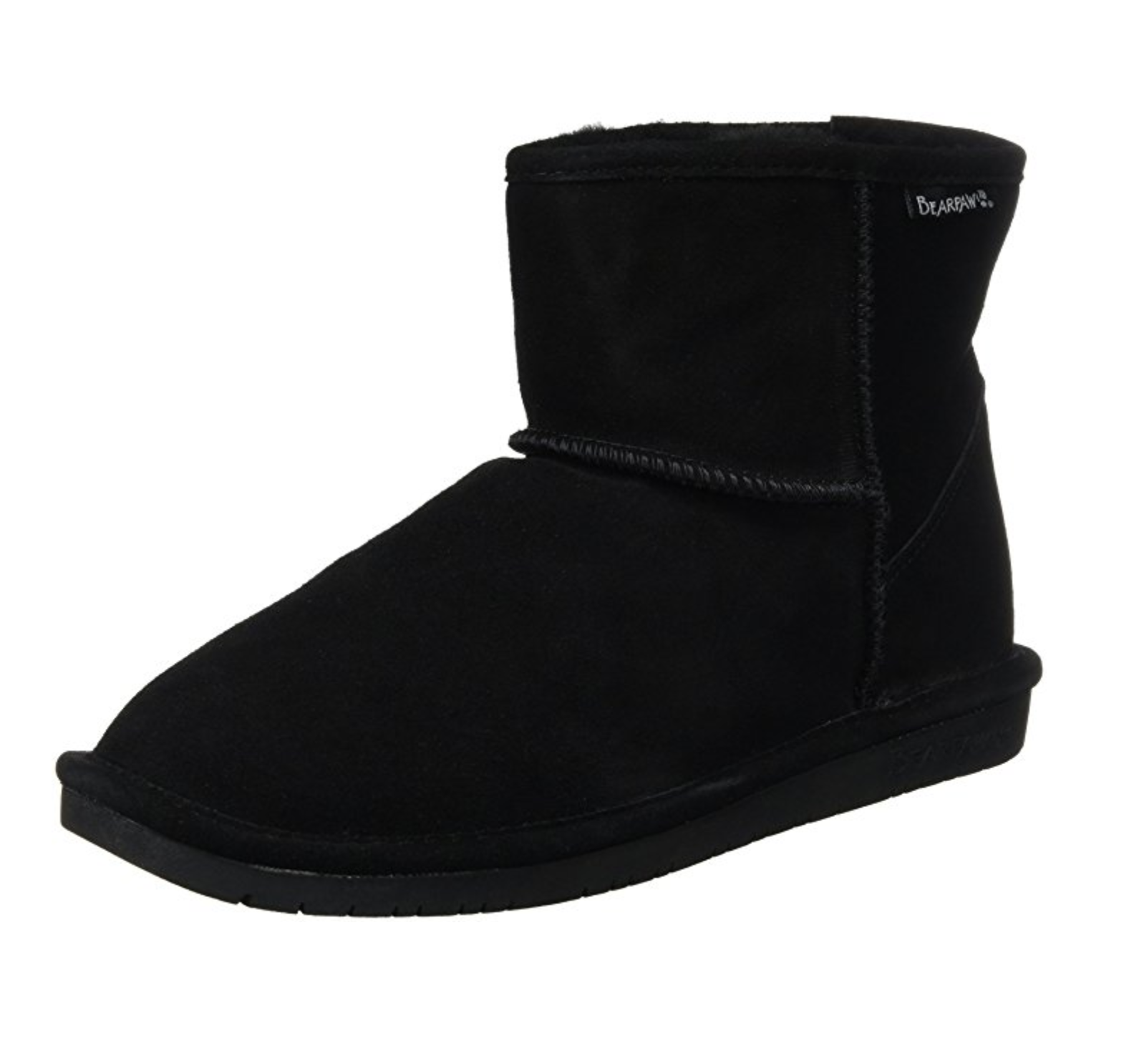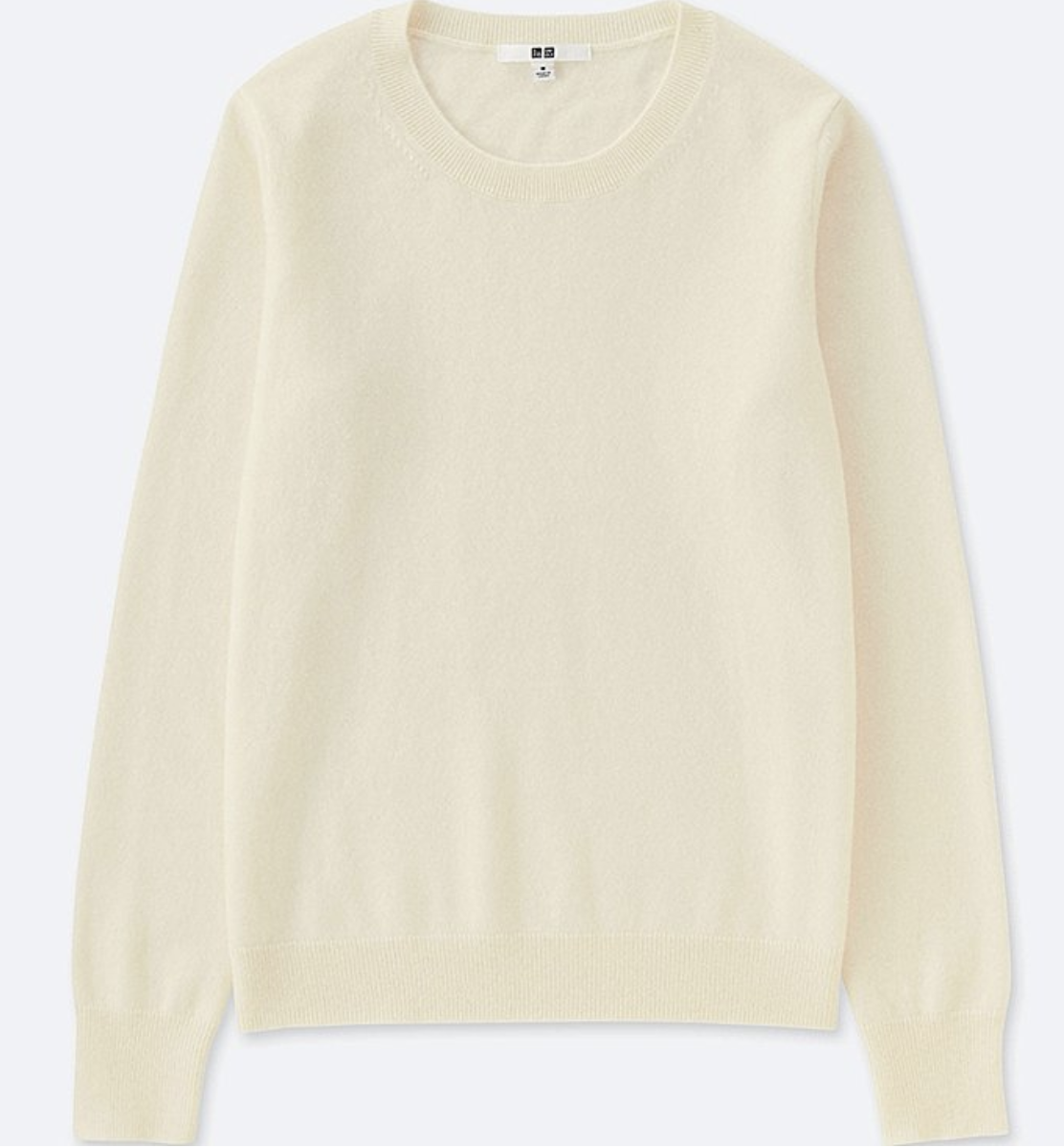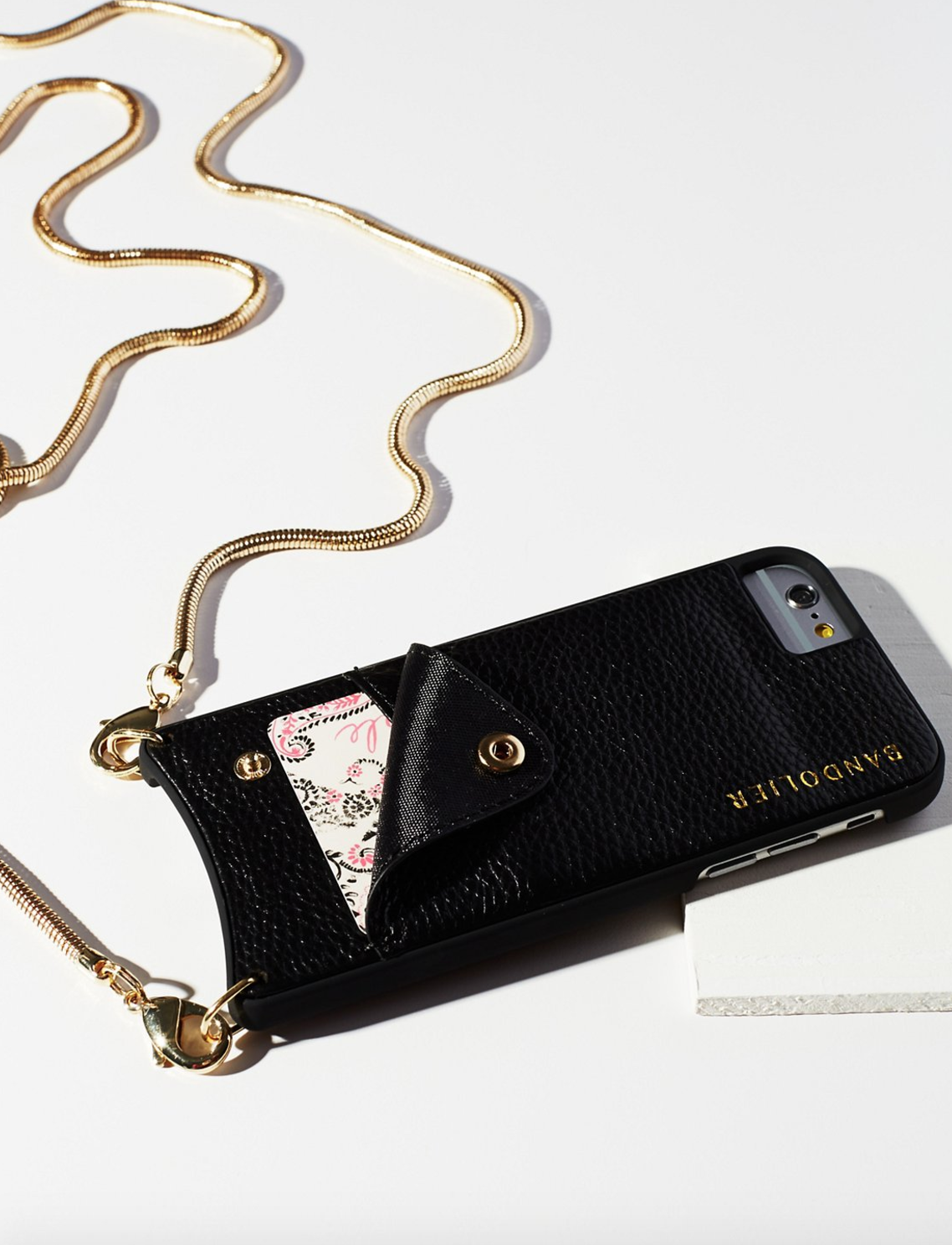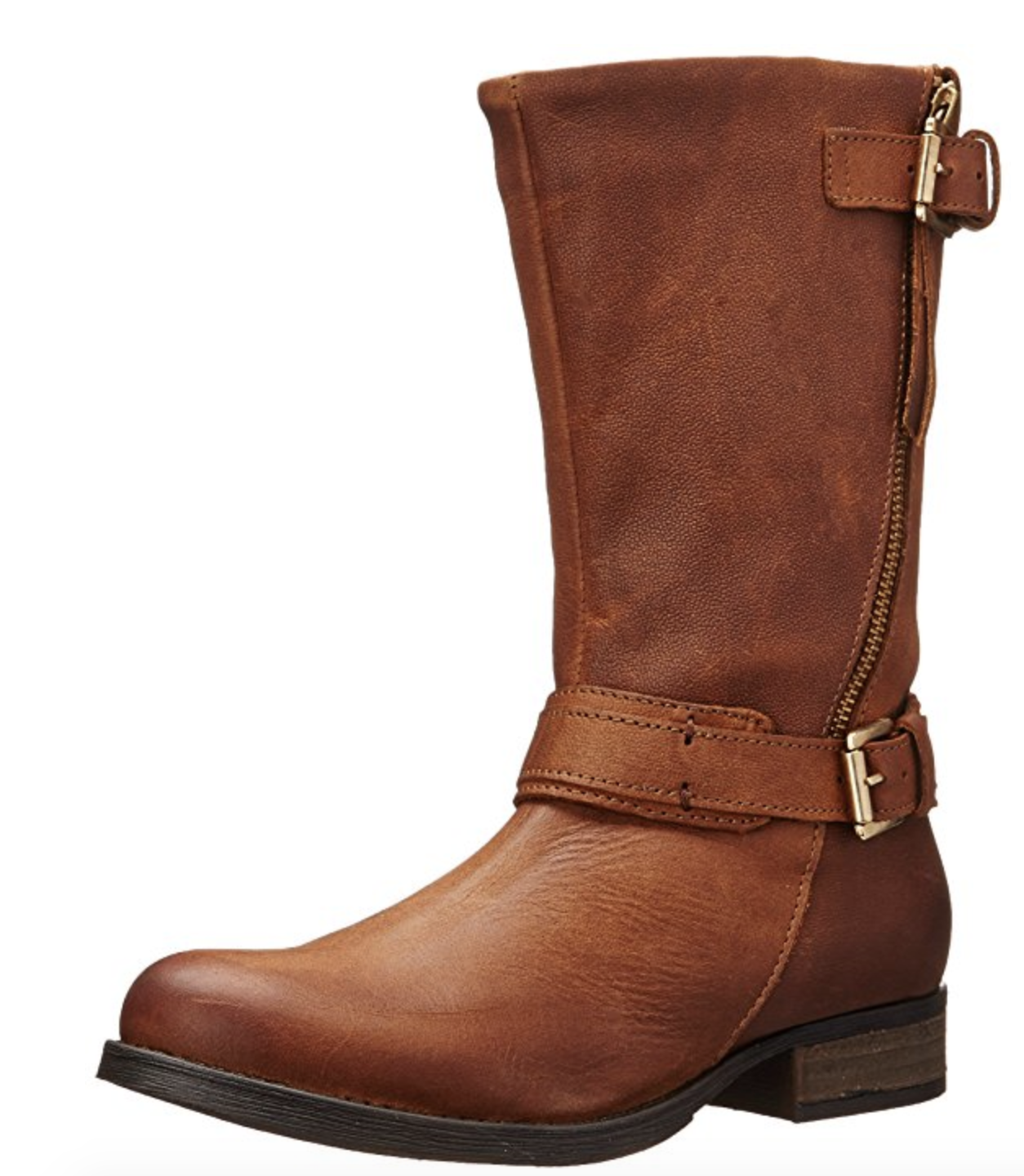Top 10 Helpful Japanese Phrases To Know When Visiting Japan
/This post contains some affiliate marketing links, which goes toward supporting our blog in some way, so it's a win-win for everyone.
Most Japanese know a little bit of English since they start learning it in middle school, but every once in awhile, you might catch someone that doesn't know any English at all. Here are 10 Japanese phrases that will be helpful while you are visiting Japan. Watch the video to get a better understanding of how and when to use these phrases.
1. Sumimasen / すみません
Translation: Excuse me
Most commonly used when you bump into someone or need someone's attention. Can also be used as "sorry".
Crystal finding her way through the train station in Tokyo, Japan.
2. Konnichiwa / こんにちわ
Translation: Hello
Common greeting in Japan. Also means "good afternoon". To take it further, "good morning" is "ohayou gozaimasu" and "good evening" is "konbanwa".
Our cousin's grandmother. She is the sweetest!
Being silly in our parent's neighborhood in Japan.
3. Arigatou / ありがとう
Translation: Thank you
Most common way to say "thank you". If you want to get formal, you can say "arigatou gozaimasu".
A ramen shop in Tokyo.
4. Ikura desu ka? / いくらですか?
Translation: How much is it?
You can also go more casual and shorten the phrase by saying "ikura?", meaning "how much?".
Getting a sample of the different dango pastes at narita tample.
5. Eigo wakari masuka? / 英語わかりますか?
Translation: Do you know English?
When you approach a Japanese person, ask if they know English first. Chances are they know a little, but it's polite to ask.
Narita Station, Japan.
6. Doko desu ka? / どこですか?
Translation: Where is it?
When you are looking at a map and need directions, point at the map and use this phrase. To shorten the phrase, just say "doko?", which means "where?".
Waiting for the train in Tokyo.
Akihabara Station, Japan.
7. Oishii / 美味しい
Translation: Delicious
Crystal uses this word nonstop in Japan as everything in Japan is delicious! You'll probably notice some Japanese girls saying this in high pitched voices.
Crystal at the Pompompurin Cafe in Harajuku, Japan.
8. Watashi no namae wa XXX / 私の名前はXXX
Translation: My name is XXX
"Watashi" means "my" or "I" and "namae" means "name". If you want to be really lazy, you can just point at yourself and say your name, but you can do that in any country.
The friendliest dango seller at Narita Temple.
9. Toire wa doko desu ka? / トイレはどこですか?
Translation: Where is the toilet?
"Toire" means "toilet" and "doko" means "where", so if you want to be more casual with your new Japanese friends, you can just say "Toire doko?"
Walking around in my uncle's background.
10. Wakari masen / わかりません
Translation: I do not understand.
A more casual way of saying this is "wakannai". If you do understand, you can say "wakarimasu".
At a park in Tsuga, Japan.
Did we miss any words or phrases that you thought might be more useful? Let us know in the comments below!
The street that leads to Narita Temple.


